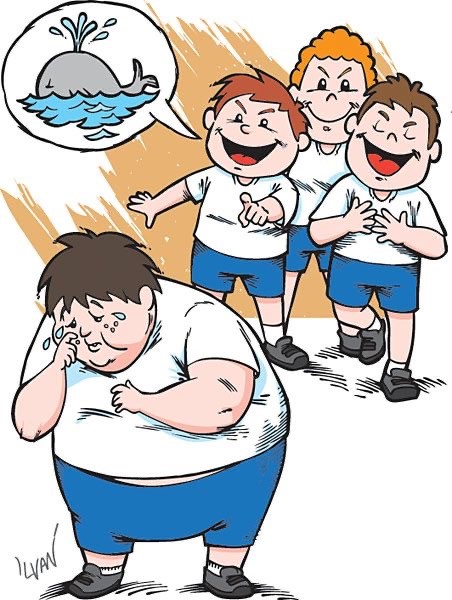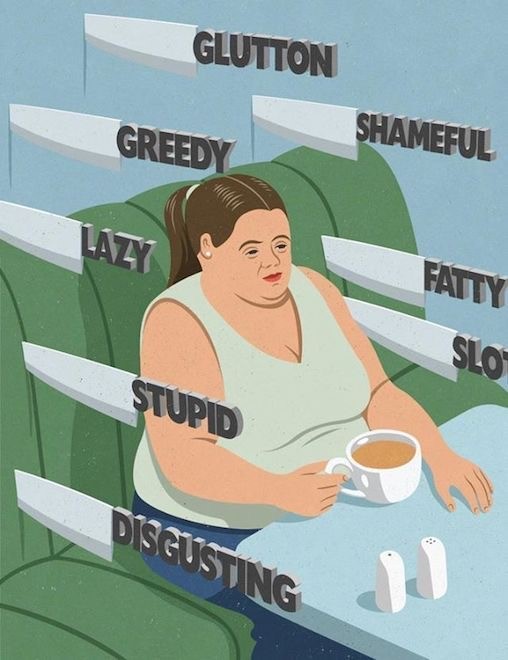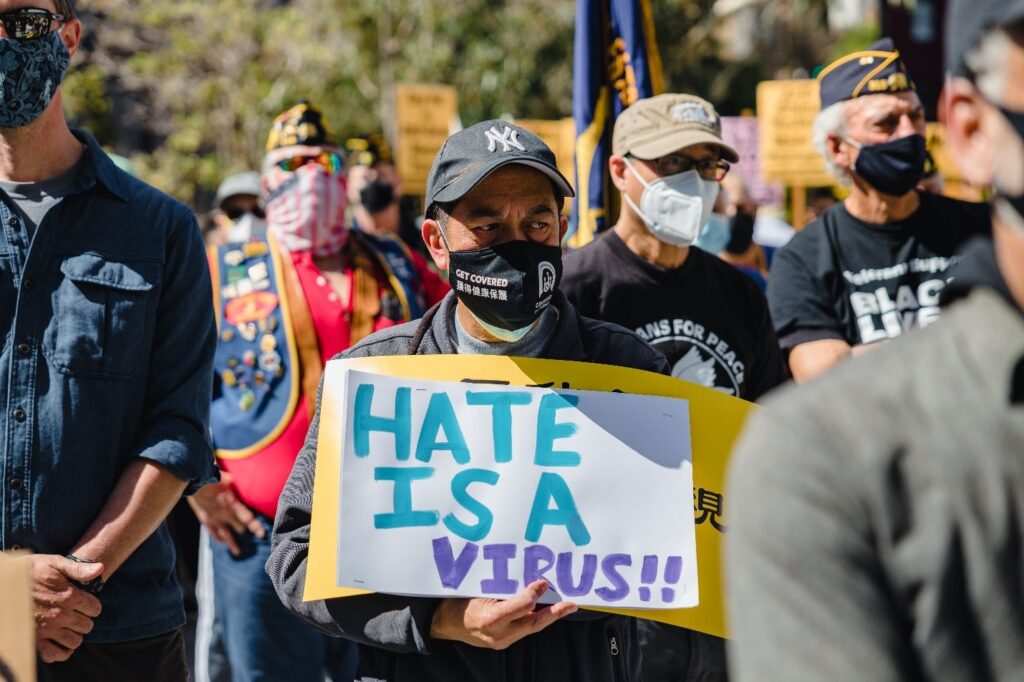In democratic societies, the concept of freedom of expression has always been seen as a crucial cornerstone. It’s a cherished principle, enabling people to convey their thoughts, viewpoints, and notions without worrying about censorship or retaliation. Nonetheless, as societies progress, the issue of determining the boundary between freedom of expression and hate speech becomes more intricate and debated.
The Universal Declaration of Human Rights defends freedom of expression, which is frequently regarded as the foundation of democracy. Being able to express one’s disagreement, advocate for change, and have meaningful conversations is essential in open and inclusive communities. This beloved independence, nevertheless, comes with responsibilities.
Getting the right balance between acceptable expression and speech that promotes prejudice, violence, or hatred can be difficult. In contrast to protected expression, hate speech targets individuals or groups based on their race, religion, ethnicity, gender, or other traits to marginalise, dehumanise, or injure them. A cultural debate is continuing about how to strike the correct balance between defending free speech and suppressing hate speech.

It’s important to keep in mind the serious harm that hate speech can cause. It can lead to concrete, practical effects, such as violent acts, discrimination, and the widening of societal chasms. The very ideas that support freedom of expression are undermined when people use it to incite hatred. In order to prevent hate speech from straying into dangerous territory, societies must impose restrictions.
To elaborate further, hate speech can catalyse harmful actions, sparking violence against targeted groups and fostering an environment of fear and hostility. Discrimination and exclusion may flourish in the wake of hate speech, preventing certain communities from enjoying their fundamental rights. Moreover, such divisive rhetoric can fracture the social fabric, making it difficult to maintain a cohesive and inclusive society where all individuals are treated with respect and dignity. Thus, the need to curtail hate speech becomes not just a matter of safeguarding freedom of expression but also of preserving peace, harmony, and unity within a democratic society.
Many democratic countries’ legal frameworks attempt to find this precarious balance by passing legislation that makes hate speech illegal. Hate speech is typically defined by these laws as any sort of expression that supports violence, prejudice, or hostility towards particular groups. Although these rules are intended to prevent hate speech, they usually spark debates over how much freedom of speech may be compromised by them. It is true that there is a fine line between legitimate criticism and hate speech.

Furthermore, the difficulty of policing hate speech has grown due to the development of the internet and social media. Online platforms have become effective instruments for both expressing oneself and spreading hate speech. To prevent harm in the real world, tech businesses have a duty to prohibit hate speech and manage material, but this raises questions about censorship and information control. In this digital age, where information flows rapidly and globally, the role of technology companies in combating hate speech while respecting the principles of free expression remains a complex and evolving issue, adding another layer to the ongoing societal debate over the boundaries of freedom of speech.
It is important to engage in open and informed discussions about the distinction between free speech and hate speech. Context is critical in achieving this delicate equilibrium. Satirical humour, artistic expression, and political commentary frequently push the envelope and elicit thought about society norms. Recognising the complexities, some argue that education, media literacy, and the growth of civil dialogue are the most effective strategies for combating hate speech.
To move even farther, education can provide people the critical-thinking abilities needed to distinguish between appropriate expression and destructive speech. People who have been taught media literacy are better able to traverse the digital world with discernment, spotting false information and content that incites hatred. Promoting civil dialogue creates a climate where disagreements may be handled respectfully and constructively, which lessens the appeal of using hate speech as a form of expression.

In essence, combating hate speech requires a collective social effort that calls for empowering people with the knowledge to have thoughtful conversations, cultivating a media-savvy populace, and creating an environment where opposing viewpoints can coexist peacefully. By doing this, we may more skillfully negotiate the tricky terrain between upholding free speech and limiting the negative repercussions of hate speech in our developing democracies.
The tension between freedom of speech and hate speech remains a formidable challenge within democratic societies. Achieving the correct equilibrium is imperative to safeguard individual liberties while averting harm to marginalized communities. Societies must persistently advance and adjust their legal and social structures to navigate this perpetually shifting boundary. Ultimately, the objective should revolve around cultivating a culture of open dialogue, reverence for diverse viewpoints, and an unwavering dedication to preserving freedom of speech as a constructive force in our global community. By doing so, democratic nations can aspire to harmonize the principles of liberty and the prevention of harm, fostering a more inclusive and just society for all.
Sources
- https://www.un.org/en/hate-speech/understanding-hate-speech/hate-speech-versus-freedom-of-speech
- https://www.thedailystar.net/opinion/perspective/news/the-thin-line-between-freedom-speech-and-hate-speech-1764217?amp
- https://www.legalserviceindia.com/legal/article-2800-the-battle-between-hate-speech-and-freedom-of-speech.html




